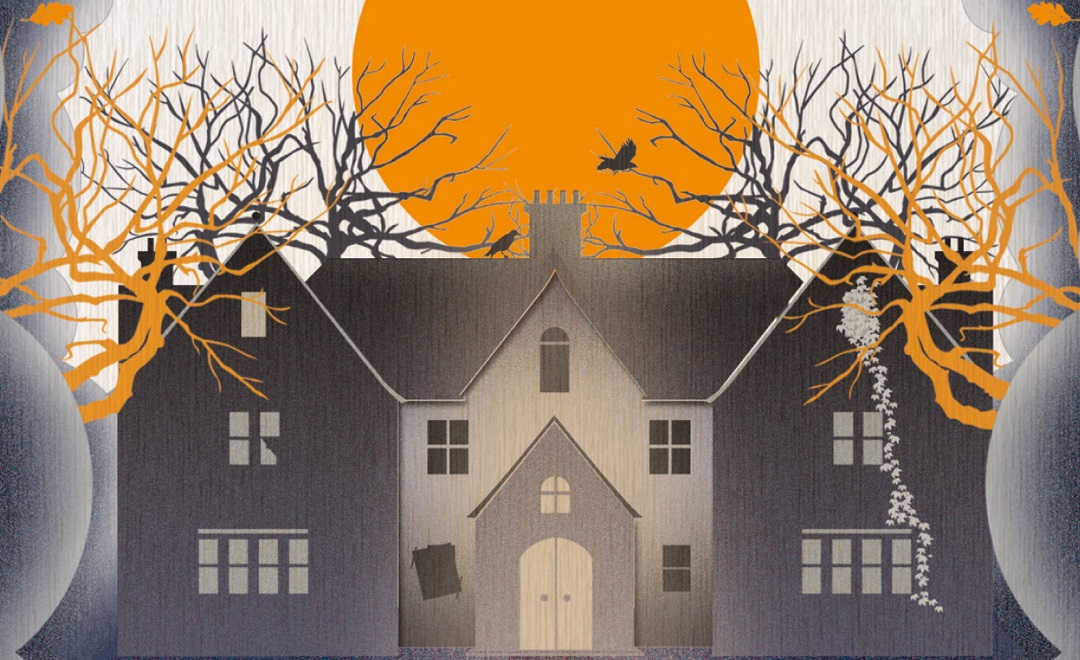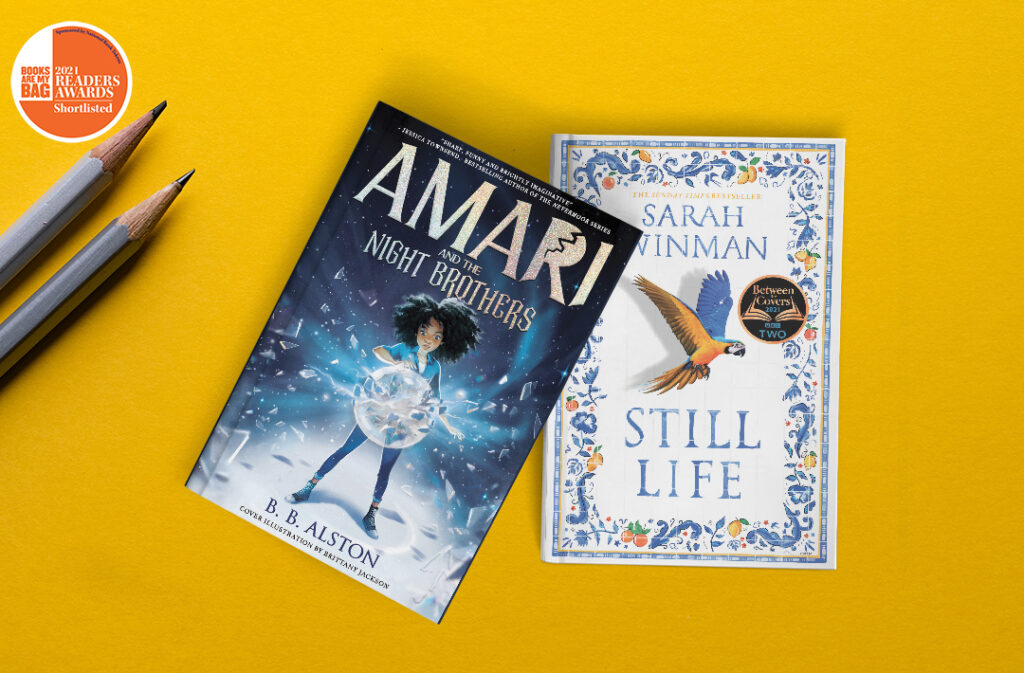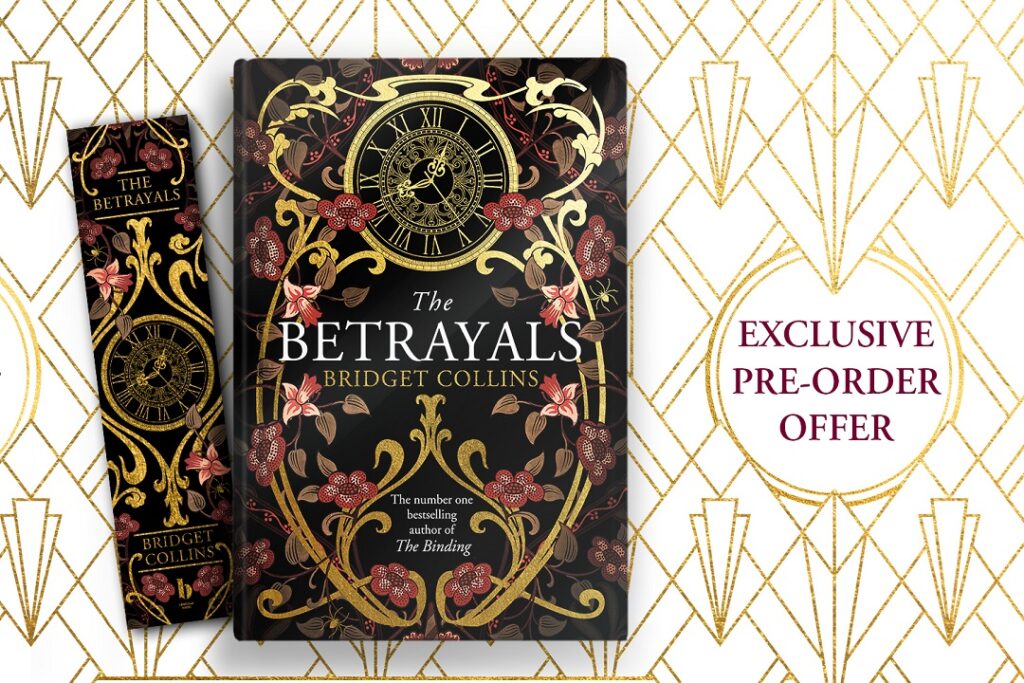In the heady, tearful, beaming hours and days after the phone-call that told me my Word document was going to become a book, I found myself leafing through old notebooks (Foxlowe has lived in many) and particularly the one I’d taken on a disastrous (as it seemed then) writing retreat in Wales, a Summer before the beaming days.
I’d just made it to the end of my first year as a full time English teacher, emerging blinking into the July sunlight, punch-drunk with exhaustion and exhilaration that I had stumbled through. I hadn’t written a word that wasn’t marking feedback or a student report since the previous December. Frustrated and a little panicked, I had finally booked ten days in a beautiful, tiny cottage overlooking Welsh hills, with only sheep and horses for company. There would be no internet, no phone reception, no pupils or parents. I would write every day from dawn until dusk, then read through my day’s pages on the balcony with a glass of wine in the evenings. If I couldn’t write here, I told myself, I was going to stop calling myself a writer at all.
The first day I wrote in my notebook: Oh my god what have I done? I am stuck here for ten days, and there are flies.
I’d opened the Word document, imagining it would be like greeting an old friend, sinking back into easy conversation. After all, I’d been in a relationship with this book for years. I’d hated it, adored it, broken up with it, been ashamed and proud of it. Now I felt a creeping dread. The rest of the day’s notes are a series of questions. Reading them still makes my stomach clench: but if I change this, what then does this bit…but if it’s her and not him that…how do I fix that bit then? That would mean…so I can’t do that so how do I make it so that..? This bit still doesn’t work, what if..? Oh my god, this novel doesn’t work, does it? Then lots of swearing and a doodle of a ballerina, because apparently when left to my own devices I revert to being eight years old, when ballerina pictures solved everything. I was miserable. The next page rivals any teenage diary for an outpouring of angst. I’m not a writer. I was wrong. I’m pathetic. It isn’t the job and distractions and the internet that stops me writing. It’s me. I can’t do it. I can’t do it: it’s too hard. My sister had persuaded me to take a box set with me to watch on my laptop: Bleak House. No, I insisted, I’ll be reading in the evenings. Take it anyway, she said, just in case you want a break. I’ll go on country walks and have Wordsworthian moments, I assured her. Just in case, she said, smiling with big-sisterly authority. I watched it twice, along with all of the extra features, possibly also twice. I know a lot about BBC costume drama behind the scenes.
On a new page in the notebook, next day’s date, more important questions. What is this actually about?
Are you trying to write about the Staffordshire landscape, or Green’s relationship with Freya? Is this actually about people looking the other way? Underneath: Yes to all three. Underneath, again: But the landscape is where it started. In another notebook, years earlier, I’d made the very first of thousands of wandering steps to this book. I’d started writing about the double sunset I remembered from Staffordshire, where we’d lived until I was ten or eleven. It was supposed to happen on the Summer solstice; due to an optical illusion, it appeared that the sun set twice from Leek churchyard. I had other notes, on the fields around our house and the games we played there, using the long grasses for mazes and hiding places, on the stone circles that sat on the moorland like patient ghosts. I didn’t know how to use this in a story, or if I ever would. When Freya’s character kept returning to me in stories, this dark twisted mother figure who was also sad, vulnerable and dangerous, I placed her in that landscape to see if she would work there. At home, her character grew sharper, so sharp she started to cut the other characters around her.
As I am careful to say in its Acknowledgements, Foxlowe is a strange book for me to have written considering I have the most loving and supportive family (and mother) imaginable.
It’s a story about the failure of a family, of a girl so in the thrall of her mother her whole life is blighted. In the months since finishing the novel, I’ve often struggled to explain how the story became itself, as though it were nothing to do with me, and spoke to itself, growing secretly like a fairytale plant. I know that somehow between that writing retreat and the following Summer, the book was finished, and perhaps I wrote more than I remember in those ten days, and the notebook is only testament to the daily doubt-filled hour before the business of writing began. I do know, though, that I’m probably not a dawn until dusk writer, a read the day’s pages on the balcony writer. I’m an hour or three on a Sunday writer, an hour in a café writer, with a motivational break to browse through a bookshop writer (Norwich has the best, like The Book Hive), an occasionally late night until 2am writer, then up again at 7am to teach writer. It was in those hours that the questions in the notebook were finally answered proper.
Foxlowe is a real entity now; all of those questions have been answered, chopped away, or dissolved.
The story, once a maze with a thousand dead ends, became a kind of orbit that looped back to the central ideas of this girl, Green, and this girl’s mother, Freya, and these people’s choices. And humming through it all is the very first idea of the landscape I grew up in: its stone circles and mists and stone walls, its empty, eerie beauty, its heather and grasses and its double sunset. In that way, it isn’t a strange story for me to have written at all. The Foxlowe notebooks sit on top of my wardrobe these days, a history of questions and frustration and doubt and joy. Fresh ones are on my desk with unbroken spines, ready to be filled with new questions and ballerina doodles.
 Foxlowe
Foxlowe
by Eleanor Wasserberg
2nd June 2016
4th Estate
Hardback
9780008164089
RRP £12.99



